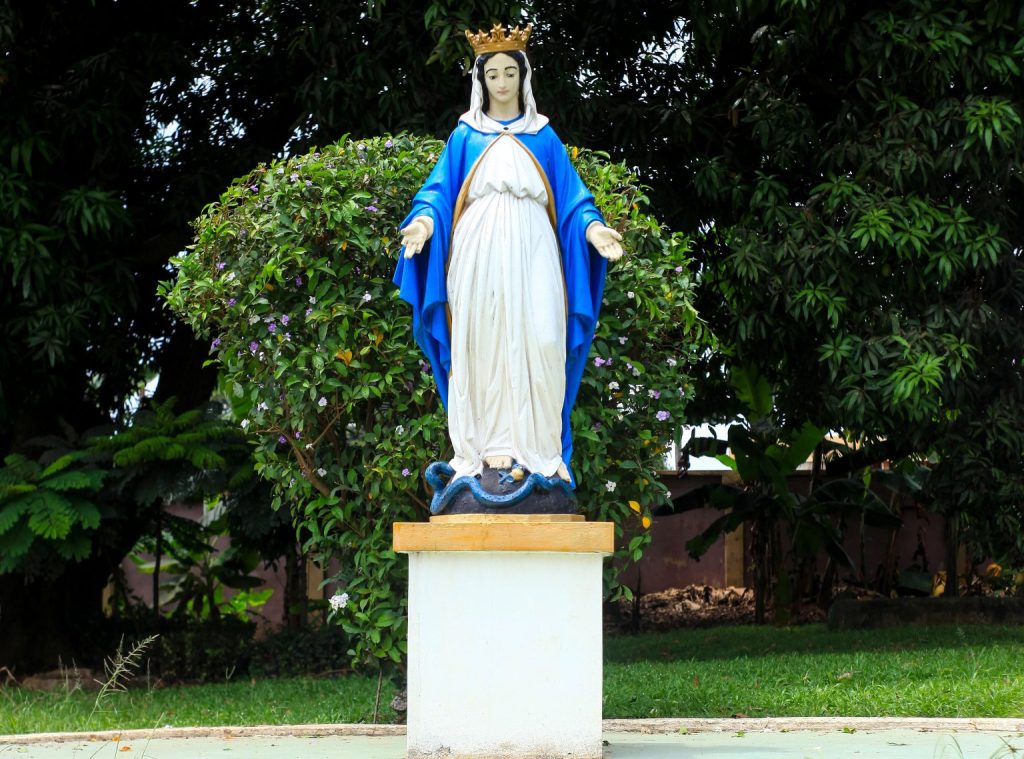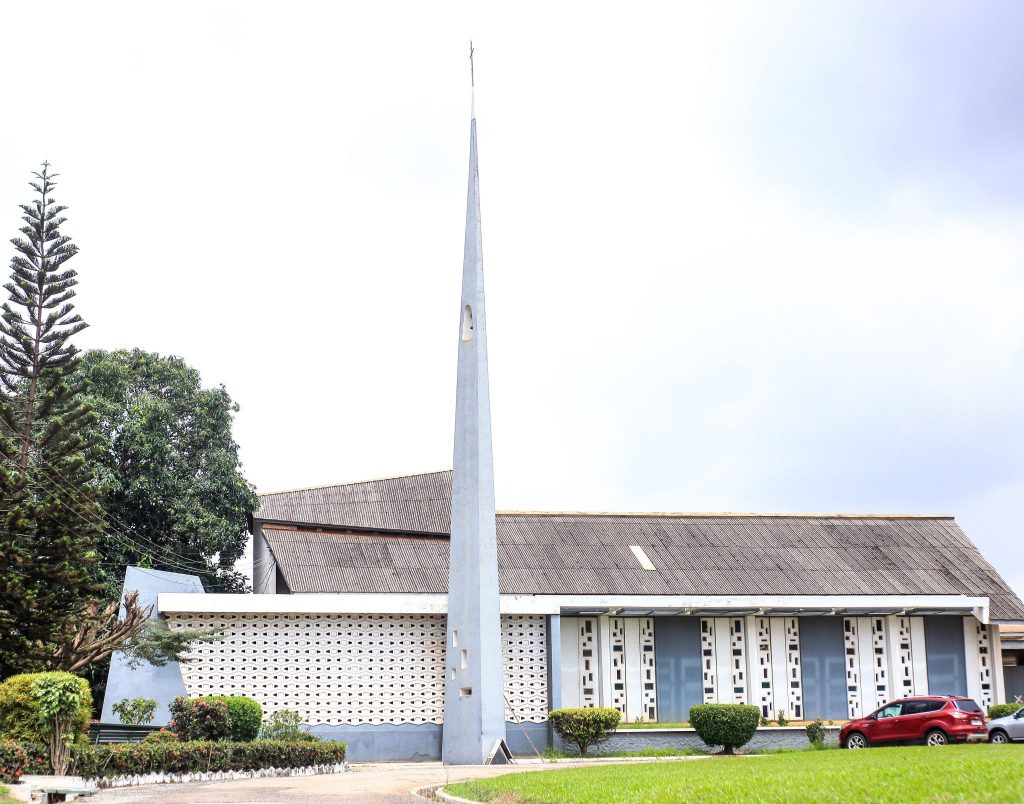
The year 1948 saw the arrival in Ghana of the first St. Louis Sisters from Ireland. Bishop Hubert Joseph Paulissen was then the Vicar Apostolic. It was a historical event to reckon with as that eventful journey has borne abundant fruit. Sisters Sheila Gillespe, Mary Bried Mulhem, Joseph Mary Vibiana and Johannes Hayes were to continue the running of the already established St. Bernadette’s Elementary School, Now popularly called Roman Girls’ Demonstration Junior High School, and to a new Secondary School, St Louis Secondary School, on the same compound. After the opening of the Secondary School, it became obviously expedient that a Training College should be started. St. Louis Training College was opened at the request of the Ministry of Education on 23rd September, 1960 by the Catholic Diocese of Kumasi. For the first year, it has temporary quarters at the new site at St. Louis Secondary School built by the Catholic Diocese of Kumasi. The College was initially to be a Post “B” Certificate Training College for women.
The College was founded by the Catholic Diocese of Kumasi on 23rd September, 1960 as a female counterpart of St. Joseph’s Training College, Bechem, which the same Diocese founded in 1947 to train male teachers. St Louis Sisters from Ireland ran it at its establishment. Sister Mary Consilli, the first Principal, and Sister Mary Vibiana (later Marian Barette) -both St. Louis Sisters- ran the college with funds partly mobilized from their salaries, the Catholic Diocese of Kumasi, funding agencies abroad and other well-wishers. The founding of St. Louis Training College thirteen years after St. Joseph’s Training College’s establishment was also in response to the church’s obligation to provide quality and holistic education at all levels. In this particular instance, it was founded in the interest of Girl-Child Education. In this way, the church envisaged a gender balance in teacher training education. It happened to be at the time when the Ministry of Education had also adopted the policy of providing as many as possible teachers for the implementation of the Compulsory Universal Basic Education in the country.


